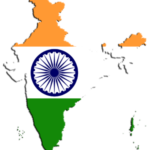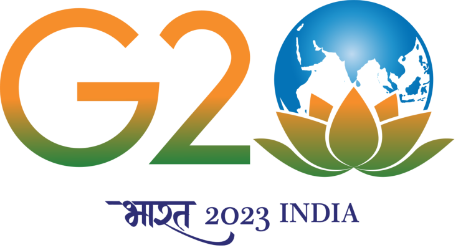The legislative branch of government is responsible for creating and passing laws that govern a country or state. Its primary purpose is to represent the people and pass legislation that affects their daily lives. This branch is responsible for implementing and overseeing the laws enacted by the executive branch. The legislative branch is also called the legislature or the parliament. The legislature is usually composed of elected representatives of the people, who have the power to propose, debate, amend, and pass bills that become laws.
The legislature also has other functions, such as approving the budget, overseeing the executive branch, ratifying treaties, and impeaching officials. In most countries, the legislative branch is divided into two chambers, often called a bicameral system. Think of it as having two sections in the beehive, each with its specialty. The first chamber is usually called the lower house, and it has more members than the upper chamber. They’re like the speedy scout bees, gathering information quickly and bringing it back to the hive for discussion.
The upper chamber, often called the Senate, has fewer members but typically more experience. They’re like the wise elder bees, offering thoughtful advice and making sure the laws are well-crafted. One significant aspect of the Legislative branch is its power of the purse. This means that it controls the government’s finances by approving budgets and allocating funds for various programs and services. This oversight ensures that public money is spent responsibly and on the priorities of the citizens.
The legislative branch typically consists of a legislative body, such as a parliament or congress, and its members. These members, known as legislators or lawmakers, are elected by the people to represent their interests. They are responsible for studying issues, debating legislation, and ultimately voting on bills.
The legislative branch has the power to authorise taxes, which is an important source of revenue for the government. It determines the amount of taxes to be levied and distributes them for public services. The legislative branch has the authority to enact laws that govern various aspects of society, including criminal law, civil law, and environmental regulations. It has the power to define offences, establish penalties, and enforce laws through its law enforcement agencies. The legislative branch has the power to conduct investigations and inquiries into matters of public interest. It may hold hearings, gather evidence, and make recommendations on various topics.
Functions of the Legislative Branch:
One of the key functions of the legislative branch is to represent the interests of the people. The Lok Sabha, which is composed of members elected by the people, represents the voice of the citizens and is responsible for making laws that are in line with their needs and aspirations. The Rajya Sabha, on the other hand, represents the interests of the states and ensures that their views are taken into account when making laws. Another important function of the legislative branch is to create a system of checks and balances within the government.
The parliament has the power to oversee the actions of the executive branch and to hold them accountable for their decisions. This includes the power to impeach the President or other high-ranking officials if they are found to have violated the Constitution or engaged in corrupt practices. In addition, the legislative branch is responsible for enacting laws that promote the welfare of the people and protect their rights and freedoms. This includes laws related to healthcare, education, social welfare, and human rights.
The parliament is also responsible for passing budgets and allocating funds for various government programs and initiatives. The legislative branch also plays a crucial role in shaping the foreign policy of the country. They are responsible for approving treaties and agreements with other countries, as well as for regulating trade and commerce between India and other nations. The parliament can also hold discussions on international issues and make recommendations to the executive branch on how to handle them.
Conclusion – As we all know, the legislative branch, the cornerstone of democracy, faces new challenges in the digital age. While the Digital Seva Portal offer avenues for increased citizen engagement and transparency, navigating the complexities of digital legislation requires careful consideration.
To leverage technology effectively, the legislative branch must embrace digital tools for drafting, debating, and disseminating laws, while ensuring inclusivity and bridging the digital divide.
By harnessing the power of Digital Seva initiatives, the legislative branch can evolve to meet the needs of a digitally-connected citizenry, ensuring continued relevance and responsiveness in the 21st century.Hurry up register and apply for CSC now for a bright and safe future.


